Denso considers divesting chip business
According to foreign media reports, on June 10, Yoshifumi Kato, chief technology officer of Denso, one of the world's largest auto semiconductor manufacturers and a major component supplier of Toyota, said that the company may consider divesting its chip business. Annual sales are about 420 billion yen ($3.1 billion).
As the world's second-largest auto parts maker, Denso's share in the automotive chip sector is also quietly growing. Denso's semiconductor-related capital expenditures totaled about 160 billion yen over the past three years. Denso has become the world's fifth-largest supplier of automotive chips by sales. Denso said at a briefing earlier this month that its power and analog chip business is targeting sales of 500 billion yen this year, up from about 420 billion yen currently.
"We need to consider whether we can sell chips separately in the future," Yoshifumi Kato said in an interview at Denso headquarters. "The feasibility of spinning off the chip business is worth studying."
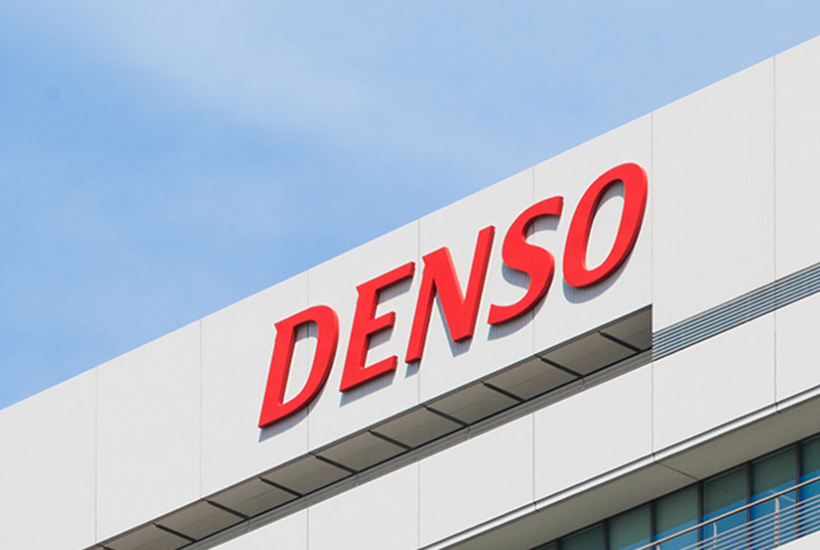
Image source: Denso
Today, Denso's own semiconductors are used in auto parts, which are then sold to automakers or other suppliers. Kato said Denso would consider whether its semiconductor division would have an advantage in operating independently when examining the possibility of supplying its own semiconductors.
However, so far, Denso has not decided whether to split the chip business. Kato revealed that Denso's current business focus is to meet internal chip needs. In addition, Denso has not yet considered using the chip business that may be divested to raise new funds for other investments.
The shortage of automotive chips began as early as late 2020, when millions of people around the world were locked down due to the Covid-19 pandemic, causing a surge in demand for consumer electronics and semiconductor manufacturers allocating more capacity to the consumer electronics industry. The lack of chips for cars quickly became a symptom of a wider supply chain crisis that has upended smooth deliveries of goods around the world.
For now, chip supply appears to be returning to normal in some places, raising concerns over how well consumer demand can hold up against a backdrop of accelerating inflation and rising interest rates. Kato believes that demand for automotive semiconductors is likely to continue to strengthen as the auto industry transitions to electric, connected and autonomous vehicles.



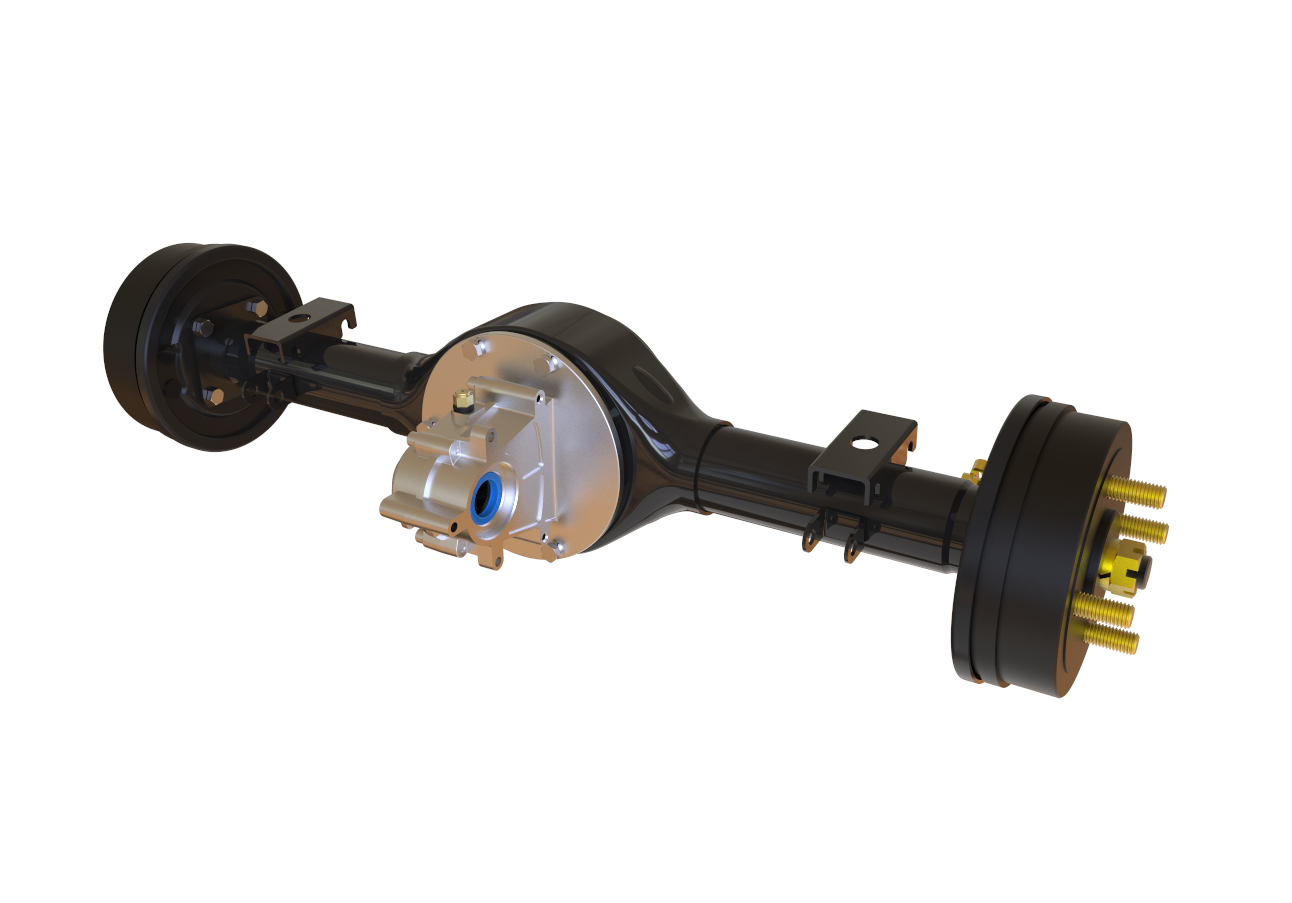
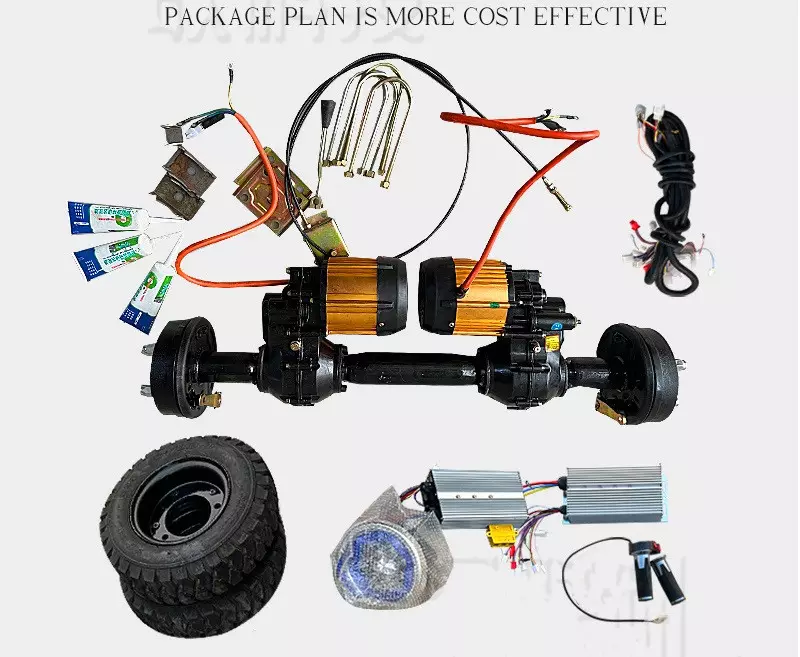

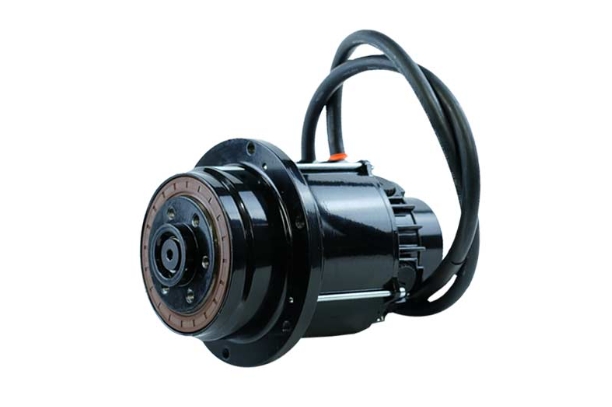
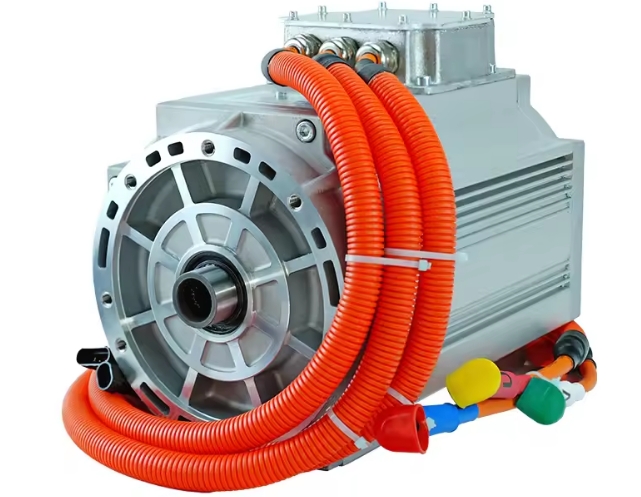
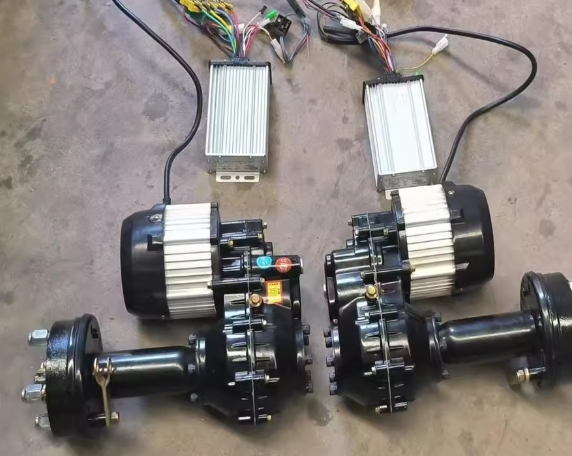
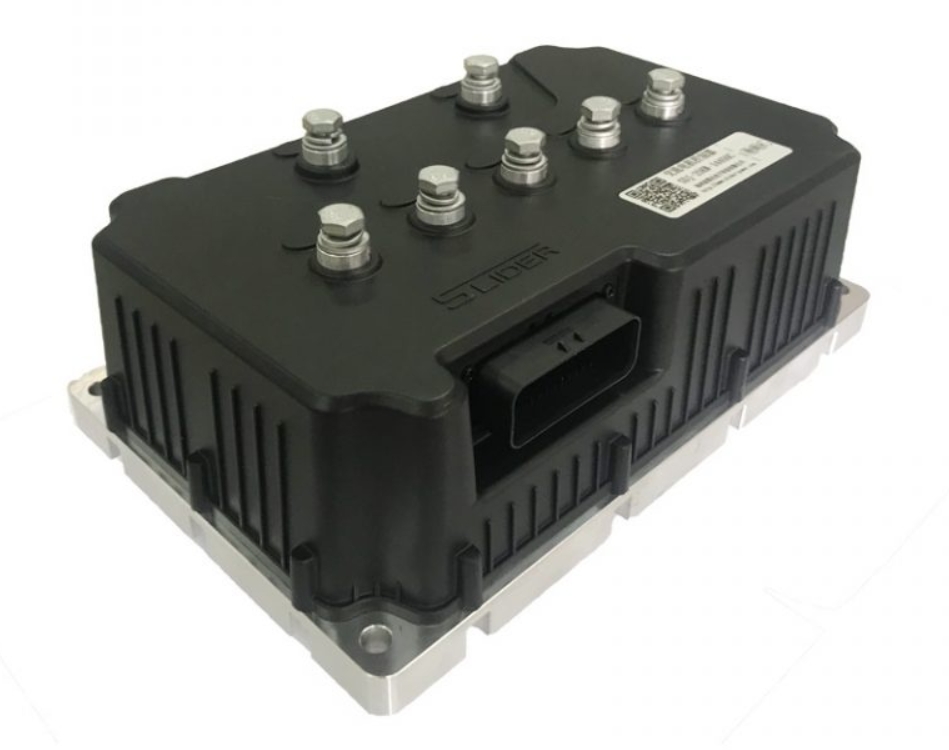

















 XINDA
XINDA